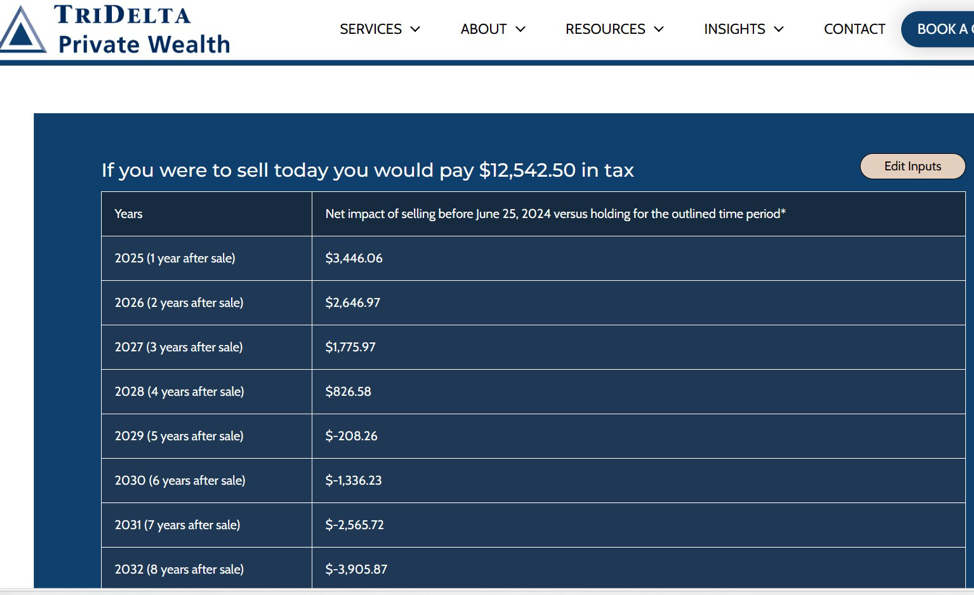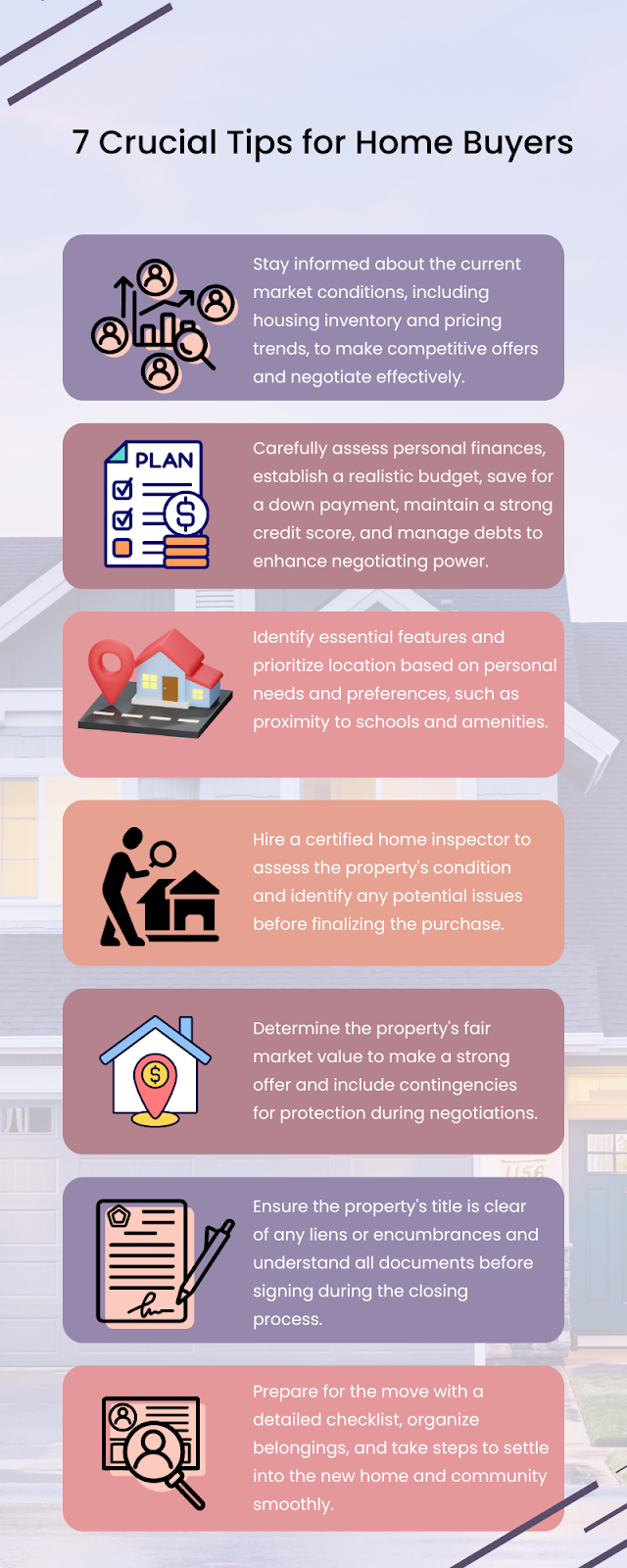
In the quest for financial stability amidst major life milestones, we gathered wisdom from Finance Experts to CEOs, compiling twelve diverse strategies.
From establishing a safety net to applying the 50-30-20 budgeting rule, these professionals share how they’ve successfully built and maintained emergency funds while pursuing family formation and homeownership.
- Establish a Safety Net
- Adopt Frugal Living Practices
- Set Achievable Saving Goals
- Automate Savings Allocation
- Implement Disciplined Saving
- Live Below Your Means
- Reduce the Temptation to Spend
- Diversify Income with Side Hustles
- Maintain Emergency Fund While Home Owning
- Strategize with Automatic Transfers
- Manage Spending, Build Runway
- Apply the 50-30-20 Budgeting Rule
Establish a Safety Net
As a seasoned finance expert, I understand the critical importance of establishing and maintaining emergency funds, especially when navigating major life milestones like family formation and homeownership. Here are some strategies I recommend for achieving financial security while pursuing these goals:
Building the Safety Net: We suggest a reserve that equals three to six months’ worth of living costs, which acts as a buffer for matters like falling sick, fixing a car, or losing employment. You can begin by making small deposits into a high-interest savings account and then building on it gradually. Save everything!
Goal-Oriented Saving: After setting up an emergency fund, the next step is to save towards your dream house. Consider putting money into Fixed Deposits or Recurring Deposits, as they have guaranteed returns and help inculcate discipline, too. Remember to stay consistent! — Arifful Islam, Finance Expert, Sterlinx Global LTD
Adopt Frugal Living Practices
My husband and I have built and maintained emergency funds by continuing to employ financial tactics we had to use early on in the pandemic, when COVID-19 lockdown-related issues resulted in his salary being temporarily reduced and my hours being cut back.
We were adamant about the need to continue adding even a small amount to our emergency fund since we had purchased a home only the year before. Thanks to friends’ and family’s experiences, we were well aware of the ever-present chance of a home-related emergency.
We decided on a two-pronged approach: We lived beneath our means by greatly curtailing our travel, cultural, and dining-out budget, finding free and low-cost alternatives to enjoy closer to home, as well as cooking new items at home.
We also became savvy consumers. We started comparison shopping for budget items, both big and small. Our biggest savings came from comparing car and home insurance companies: When we switched to a new company, we saved over $700 a year.
Given today’s inflation, these tactics still serve us well. — Michelle Robbins, Licensed Insurance Agent, Clearsurance.com
Set Achievable Saving Goals
The strategy I followed for building my emergency fund took a decent amount of time. My plan was to cover three to six months of living costs. I was well aware that saving that much money would take time. So, I started with simple goals like saving $10 a day.
I somewhat understood that the savings goal depends on income and expenses. So, I tried to cover essential expenses first, rather than transferring all my income to savings. I paid off costs such as housing, utilities, transportation, food, and credit-card/loan payments before anything else. Then, I added up my monthly spending and multiplied it by six months. I got the estimated total amount I need to save as an emergency fund.
I decided to keep my funds in a high-yield savings account. These types of accounts are convenient to access and offer good interest rates. As a result, your funds will grow gradually. However, I suggest choosing banks and credit unions insured by the National Credit Union Administration (NCUA) or the Federal Deposit Insurance Corporation (FDIC).
Last but not least, it is better to use a direct deposit service to transfer your money into your bank or savings account. Contact your bank and activate the direct deposit service. It would be wise to split direct deposits and put a certain amount in your emergency fund and the rest in your checking account. — Loretta Kilday, DebtCC Spokesperson, Debt Consolidation Care
Automate Savings Allocation
I’ve always prioritized building an emergency fund because it’s crucial for my family’s financial security and peace of mind. Early in my career, I adopted a simple yet effective strategy: automate and allocate.
I set up automatic transfers from my business income to a separate high-yield savings account every month. Initially, I aimed to save at least six months of living expenses, which I gradually expanded to cover an entire year.
Treating this fund as untouchable for everyday expenses became a safety net that allowed my wife and me to comfortably pursue family goals like buying a home. To balance this security with growth, I also invested in low-risk, highly liquid bonds and money market funds for a portion of the emergency fund. — Michael Sena, CEO and Lead Analytics Consultant, Senacea Ltd.
Implement Disciplined Saving
Building and maintaining an emergency fund has been a cornerstone of ensuring my family’s financial security, especially as we pursued significant goals like family formation and homeownership. From my experience, the key has been a disciplined, proactive approach to saving, paired with a clear understanding of our financial priorities and potential emergencies.
Initially, I established a strict budgeting process where setting aside money for an emergency fund became a non-negotiable monthly expense, similar to mortgage or utility bills. I targeted saving at least three to six months’ worth of living expenses, a common benchmark that provided a safety net capable of covering unexpected events such as medical emergencies or job loss.
To stay disciplined, I automated the transfer of funds from our checking account to a high-yield savings account specifically designated for emergencies. This automation ensured that the savings occurred without requiring active management on my part each month, reducing the temptation to skip or divert these funds toward other uses. Choosing a high-yield account also helped the fund grow faster through interest, maximizing the efficiency of our savings.
As our family grew and our financial situation evolved with goals like buying a home, we reassessed our emergency fund needs regularly. For example, when planning for homeownership, we increased our emergency savings target to account for potential home repairs and maintenance, which are typically more costly than many renters anticipate. This adjustment was crucial in maintaining our financial security after transitioning to homeownership.
Throughout these phases, maintaining open communication about our financial goals and progress has been vital. Regular discussions with my spouse ensured that we were both aligned on our savings goals, understood the reasons behind them, and could track our progress together. — Michael Dion, Chief Finance Nerd, F9 Finance
Live below your Means
The secret to building wealth is living below your means. You need to be clear on the income coming in and the expenses going out. Pay yourself fi rst. The results of compound interest are powerful.
As your income increases, lifestyle inflation creeps in. Lifestyle creep occurs when an individual’s standard of living improves as their discretionary income rises and former luxuries become new necessities.
Avoid the urge to spend more as you make more. Instead, save more. Invest the difference. As you get a raise, give yourself a raise. Increase your 401(k) contribution. Add to your emergency fund. Your future self will thank you. — Melissa Pavone, Director, Investments CFP, and CDFA, Oppenheimer & Co. Inc. Continue Reading…





